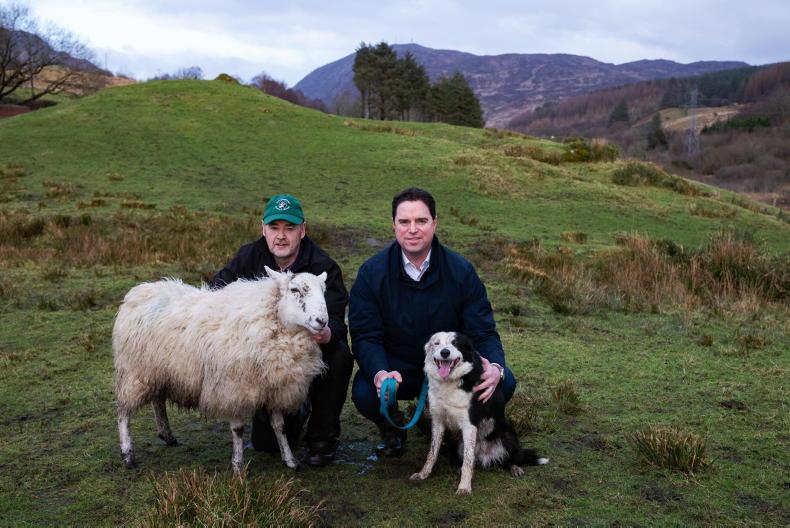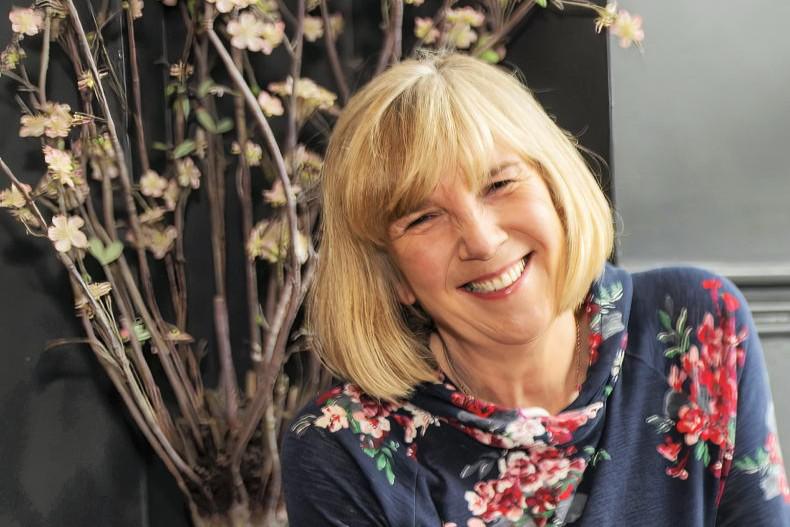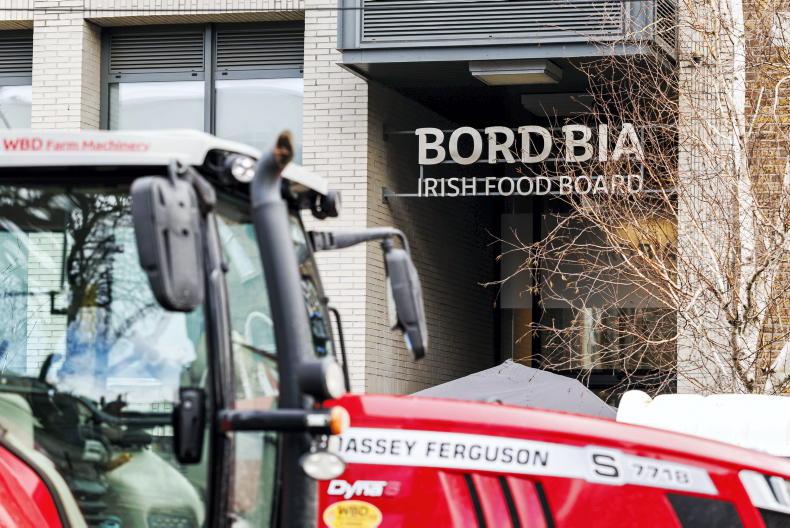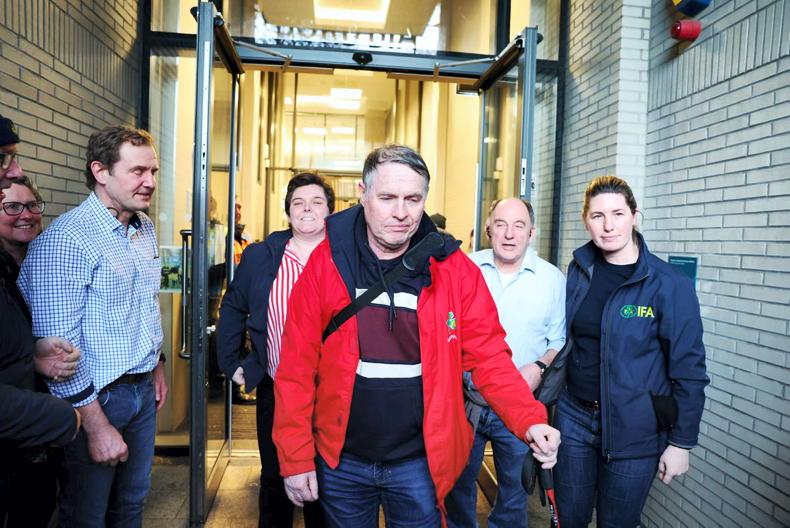IFA national sheep chair Kevin Comiskey led a delegation to meet Minister Heather Humphreys last week to put forward stronger measures that are needed to curb dog attacks.
Comiskey said the persistent failure of the authorities has frustrated farmers who have suffered significant losses as a result of dog attacks.
The IFA has three priority actions to tackle the issue. They are;
A single national database for all dogs in the country that identifies the person responsible for the dog.Tougher sanctions for those who fail to have their dog under their control at all times, and for those whose dogs are identified worrying/attacking livestock.Additional resources to ensure compliance with the obligations of dog owners.“The level of sanctions doesn’t reflect the savagery and trauma these uncontrolled dogs are causing. The absence of a centralised database to identify ownership and those responsible for the dogs, and the lack of enforcement of microchipping, are all contributing to this ongoing and escalating problem,” Comiskey said.
He said dogs should not be allowed in or near farmland and urged all dog owners to behave in a responsible way and adhere to this.
The IFA’s ‘No Dogs Allowed’ campaign will continue until substantial progress is made.
Derogation ploughing ban needs to be reviewed
IFA environment and rural affairs chair Paul O’Brien said the new condition under the nitrates derogation that grassland can’t be ploughed after 31 May is an ill-thought out move that has been poorly communicated and needs to be reviewed.
“The 2022 nitrates derogation states that farmers who wish to plough grassland can only do so between 1 March and 31 May,” he said.
He added that the change is causing significant concern to farmers, particularly in parts of the country where it may not be possible to plough and reseed grassland within this timeframe.
O’Brien said reseeding is an essential management tool for farmers, not only to increase grass production, but also to encourage the uptake of clover and other multi-species swards.
“This is essential to reduce our long-term reliance on inorganic fertilisers. Reseeding by way of ploughing is often necessary to better incorporate farmyard manure or ensure better new sward establishment,” he said.
“Options such as extending the date to later in the season have to be looked at. Otherwise, we will end up discouraging farmers from adopting clover and multi-species grassland, which would be a hugely retrograde step,” he said.
IFA national sheep chair Kevin Comiskey led a delegation to meet Minister Heather Humphreys last week to put forward stronger measures that are needed to curb dog attacks.
Comiskey said the persistent failure of the authorities has frustrated farmers who have suffered significant losses as a result of dog attacks.
The IFA has three priority actions to tackle the issue. They are;
A single national database for all dogs in the country that identifies the person responsible for the dog.Tougher sanctions for those who fail to have their dog under their control at all times, and for those whose dogs are identified worrying/attacking livestock.Additional resources to ensure compliance with the obligations of dog owners.“The level of sanctions doesn’t reflect the savagery and trauma these uncontrolled dogs are causing. The absence of a centralised database to identify ownership and those responsible for the dogs, and the lack of enforcement of microchipping, are all contributing to this ongoing and escalating problem,” Comiskey said.
He said dogs should not be allowed in or near farmland and urged all dog owners to behave in a responsible way and adhere to this.
The IFA’s ‘No Dogs Allowed’ campaign will continue until substantial progress is made.
Derogation ploughing ban needs to be reviewed
IFA environment and rural affairs chair Paul O’Brien said the new condition under the nitrates derogation that grassland can’t be ploughed after 31 May is an ill-thought out move that has been poorly communicated and needs to be reviewed.
“The 2022 nitrates derogation states that farmers who wish to plough grassland can only do so between 1 March and 31 May,” he said.
He added that the change is causing significant concern to farmers, particularly in parts of the country where it may not be possible to plough and reseed grassland within this timeframe.
O’Brien said reseeding is an essential management tool for farmers, not only to increase grass production, but also to encourage the uptake of clover and other multi-species swards.
“This is essential to reduce our long-term reliance on inorganic fertilisers. Reseeding by way of ploughing is often necessary to better incorporate farmyard manure or ensure better new sward establishment,” he said.
“Options such as extending the date to later in the season have to be looked at. Otherwise, we will end up discouraging farmers from adopting clover and multi-species grassland, which would be a hugely retrograde step,” he said.








SHARING OPTIONS